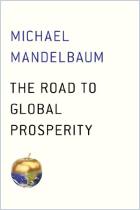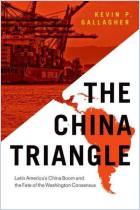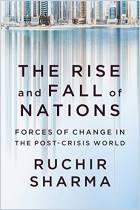Зарегистрируйтесь на getAbstract, чтобы получить доступ к этому краткому изложению.

Зарегистрируйтесь на getAbstract, чтобы получить доступ к этому краткому изложению.
Riordan Roett
The New Brazil
Brookings Institution Press, 2010
Что внутри?
How Brazil went from a colonial “afterthought” to a global economic powerhouse
Recommendation
If you only associate Brazil with soccer, samba and “The Girl from Ipanema,” adjust your thinking. Brazil inaugurated its first female president, Dilma Rousseff, in 2011, and it will host the 2014 World Cup and the 2016 Olympic Games. But even more significantly, Brazil has become a global economic powerhouse. Political scientist Riordan Roett explains how it all happened – from Brazil’s status as a neglected Portuguese colony to its 20th-century military dictatorship to its modern role as a commercially influential nation. Published just prior to Rousseff’s election, Roett’s slightly stolid book ends with former President Luiz Inácio (Lula) da Silva’s second term and leaves you wanting to know more, though it reveals in exhaustive detail how this dynamic democracy has come so far so fast. Roett’s tough-going textbook style can be dense, but getAbstract promises you will learn a lot about Brazil, the 21st century’s “crafty superpower.”
Summary
About the Author
Riordan Roett is a professor at Johns Hopkins University, where he leads the Western Hemisphere and Latin American Studies programs.



















Comment on this summary